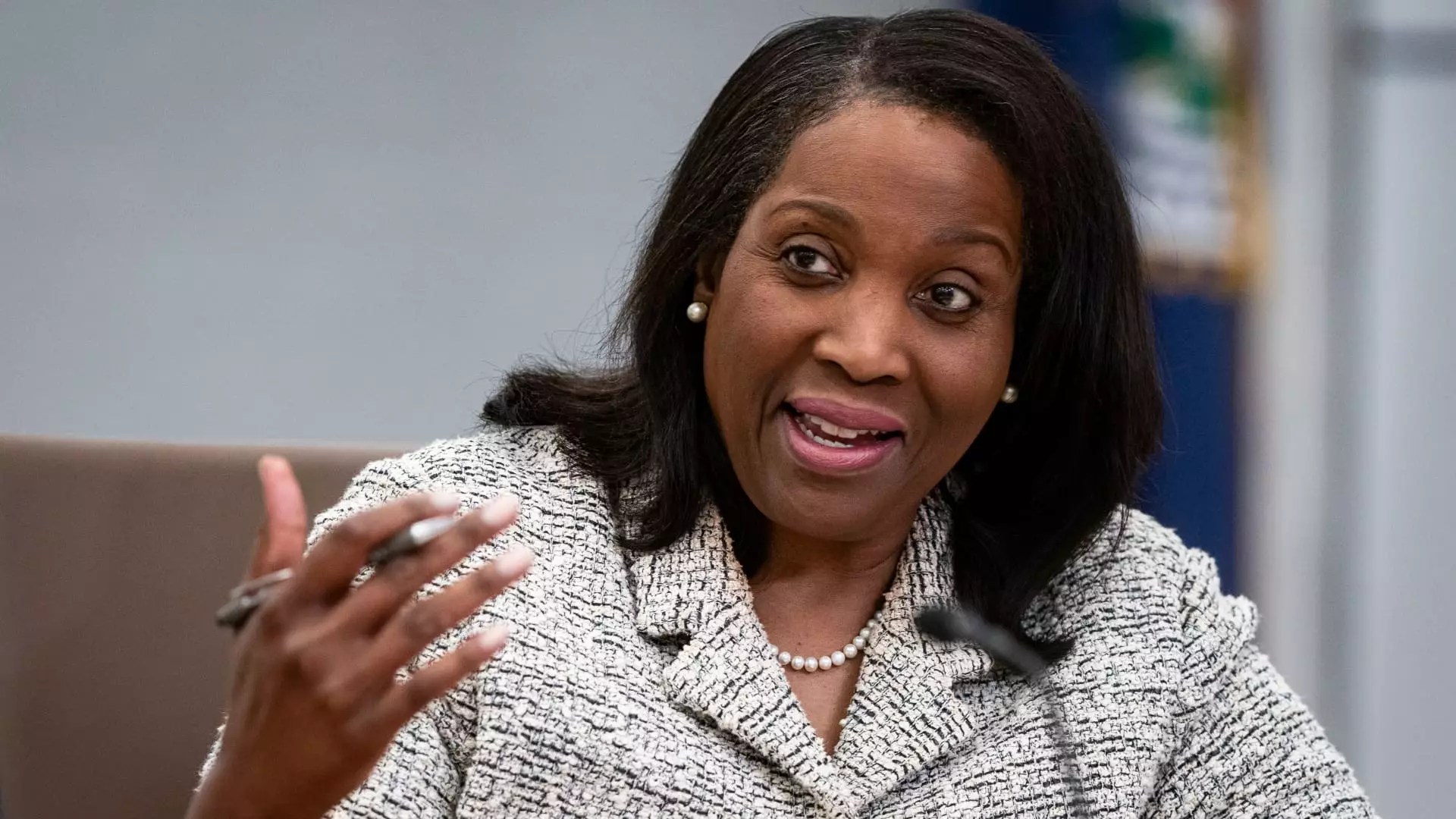Recently, the federal actions against Federal Reserve Governor Lisa Cook reveal more than just individual allegations—they expose a troubling tendency within political and institutional spheres to bypass established legal frameworks in pursuit of political agendas. The call for her immediate removal, driven by a criminal referral from a politically motivated figure, signals an alarming shift away from the foundational principles of due process and separation of powers. Such behavior undermines the very fabric of American governance, threatening to turn independent institutions like the Federal Reserve into pawns in partisan battles.
The core issue lies in the improper advocacy for the president to unilaterally dismiss a Federal Reserve governor. The Federal Reserve Act explicitly limits removal to the president alone, without any room for executive whimsy based on contentious allegations or media-driven narratives. The recent Supreme Court guidance further emphasizes that policymaking controversies or personal accusations cannot justify arbitrary executive action. Violating these boundaries sets a dangerous precedent that could embolden political actors to undermine long-standing institutional independence whenever convenient for their narratives.
This episode highlights a broader trend: a willingness to disregard procedural integrity in favor of swift political revenge. The danger is that such actions, if unchecked, could erode public trust in crucial financial institutions, leaving the economy vulnerable to politicized distortion, and setting a precedent where judicial and legislative protections are dismissed in favor of expediency.
The Politicization of Legal Processes and Its Consequences
The involvement of the Department of Justice, prompted by a criminal referral, also raises serious concerns about the politicization of legal processes. While accountability is essential, leveraging criminal investigations as political weaponry undermines the legitimacy of legal authorities and threatens the impartiality of justice. The DOJ stepping into a matter that involves a Federal Reserve governor—an independent regulator—is, at best, an accusatory overreach driven by partisan motives.
Additionally, the timing and rhetoric surrounding Cook’s allegations serve to politicize her reputation rather than foster a genuine inquiry. Public accusations made via social media or driven by political opponents divert attention from policy debates to personal smears. This not only distracts from substantive economic issues but also politicizes complex financial and ethical considerations that deserve careful, evidence-based scrutiny rather than knee-jerk reactions.
Cook’s firm refusal to be cowed by political pressure indicates her understanding that the true strength of independent institutions lies in resisting such attempts at manipulation. Her emphasis on gathering facts before responding demonstrates a commitment to accountability rooted in due process, an essential safeguard against arbitrary dismissals.
The Broader Implications for Governance and Public Confidence
This contentious episode underscores a stark reality: the vitality of America’s institutional integrity depends on unwavering adherence to the rule of law and respect for the boundaries established by the Constitution and legislative statutes. Efforts to derail or remove officials based on unsubstantiated claims threaten to weaken the very pillars of American democracy.
A society that frowns upon quick political fixes and values meticulous legal procedures fosters resilience and stability. When political actors circumvent these safeguards—whether through coercion, misinformation, or blatant legal overreach—they diminish public trust in governance itself. Citizens rightly question whether institutions serve the rule of law or partisan machinery.
Furthermore, treating allegations about personal conduct—like mortgage histories or residency claims—as grounds for removal without due process risks creating a climate where personal histories overshadow professional duties. Such pursuits threaten to politicize the personal lives of policymakers, pushing them into vulnerable spots where accusations can be weaponized rather than evaluated through objective inquiry.
In the end, this episode calls into question who truly holds power in the American system: the rule of law and institutional independence or transient political interests. Upholding procedural integrity isn’t just about fairness; it’s about preserving the legitimacy of the institutions that safeguard our economy and democracy. If we retreat from these principles now, we risk a future where the independence of our financial and governmental institutions is forever compromised—a perilous pathway that endangers the stability and integrity of American governance at its core.

